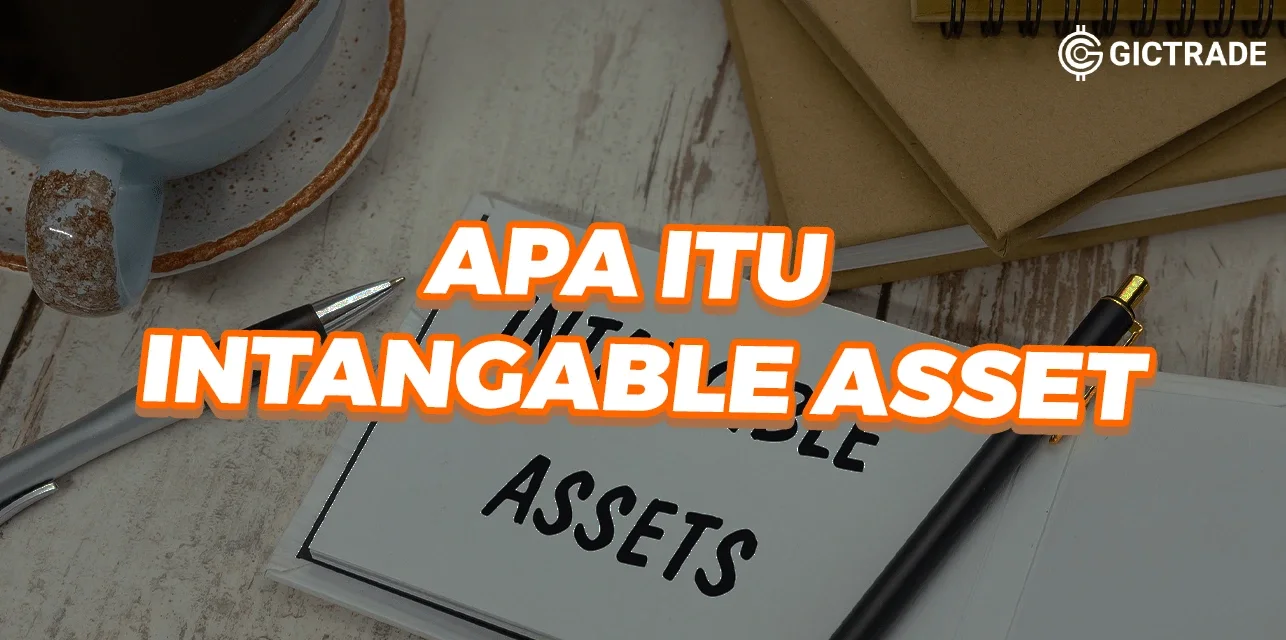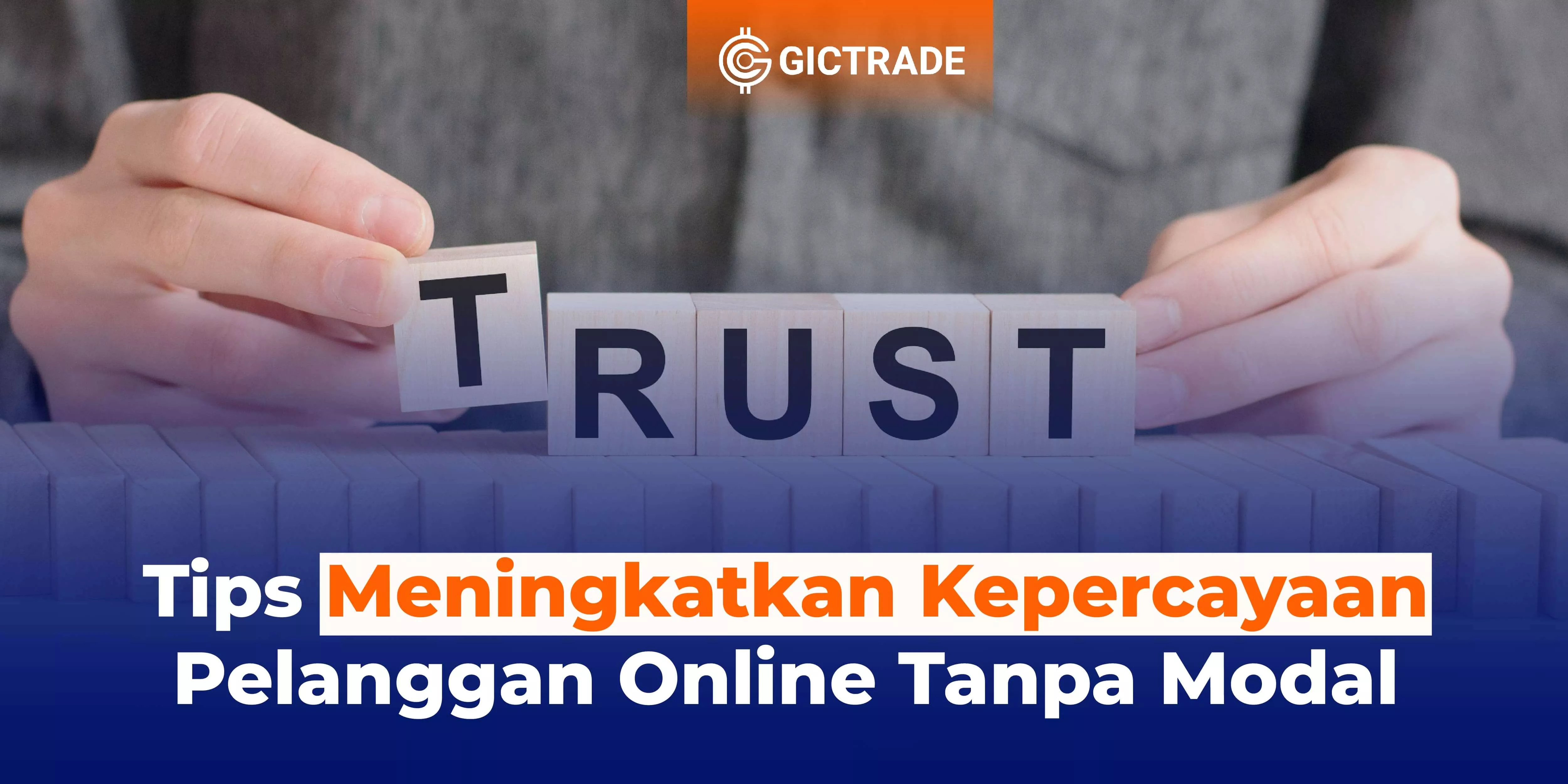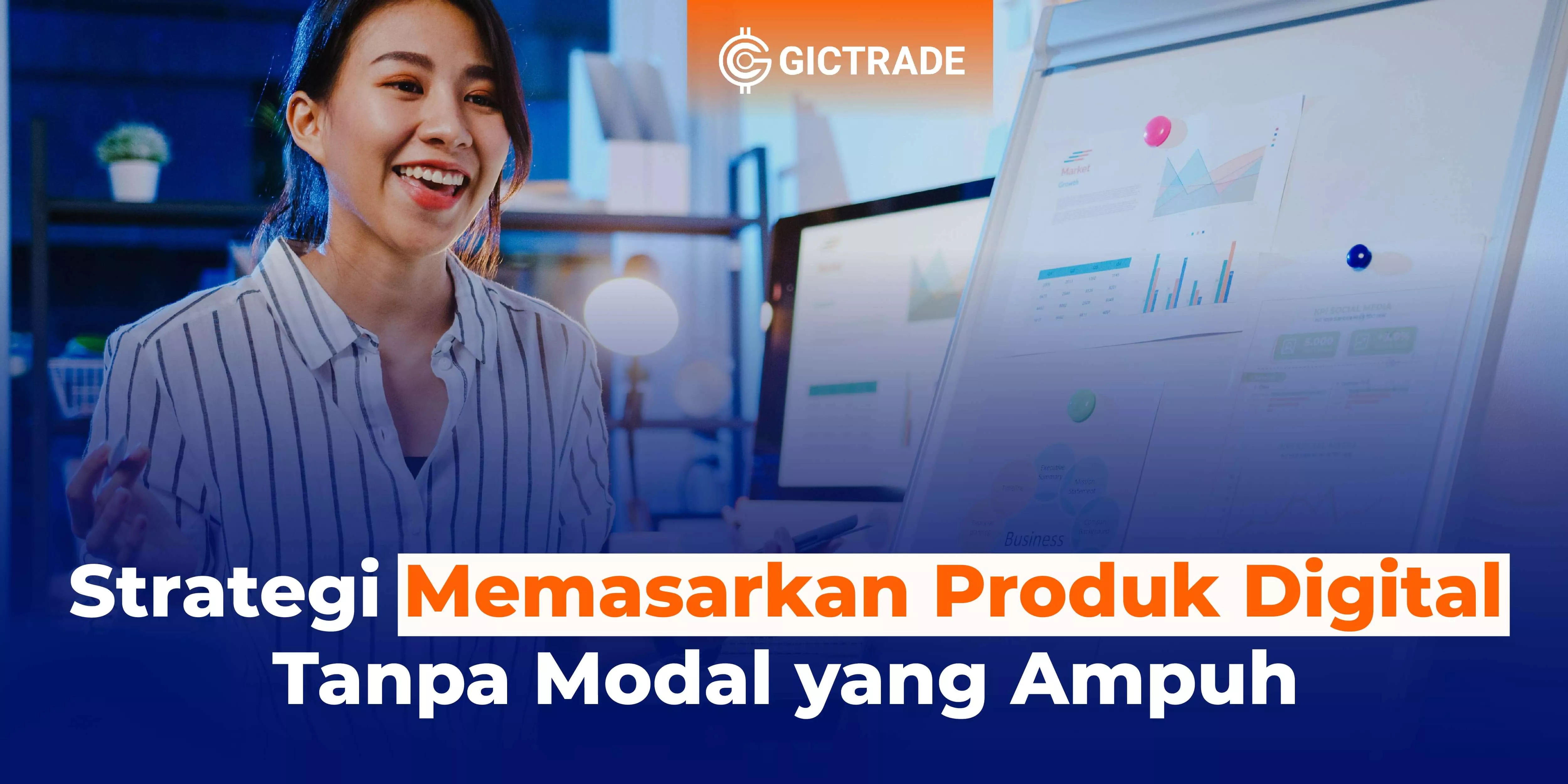
What is an Intangible Asset?
Intangible Assets are assets that do not have a physical form. Organizations that have invested significant amounts to build a brand may find that the value of their Intangible Assets far exceeds the value of their physical assets. An organization usually also has a large number of tangible assets, such as buildings, land, and machinery.Purpose of Intangible Assets in Business
Intangible Assets increase the long-term value of small businesses compared to tangible (physical) assets such as computer equipment or hardware used to calculate the current value of a business. Intangible Assets have value thanks to the only legal or intellectual rights they enjoy. Intangible Assets also increase the value of other assets.- For example, Coca Cola may have a very large inventory. But the value of that inventory is greatly increased with intangible assets such as brand recognition and good reputation.
- For example, a copywriter's computer hardware was destroyed by a flood in his apartment. He is an excellent writer with a good reputation. When his clients heard about the flood, they tried to create a new project for him or refer their friends to him so that he could afford new hardware.
- For example, Coca-Cola may have high-value machinery, real estate, and inventory. But the value of its intangible assets, such as its reputation and trademarks (such as its logo and packaging), is unique and invaluable.
Characteristics of Intangible Assets
Intangible assets have their own characteristics, you can see these characteristics below:Intangible Assets Have Intangible Properties
Intangible means that an asset is not physically tangible in the same way that a factory, machine, or retail outlet does. The definition includes the asset itself rather than the expression of the asset. For example, a business can hold a patent certificate granted by the relevant authority. In this case, what is meant by an asset is not the certificate itself, although it is legal evidence, but rather intellectual property, meaning that a patent is an intangible asset.Intangible Assets Have Identifiable Characteristics
Intangible Assets must be identifiable. There are two main components to be identified. The first is that the asset derives from a legal or contractual right, such as an existing agreement to supply a particular customer. The second is that assets can be separated from assets and can be sold or transferred in their own right.Intangible Assets Have Characteristics Under Business Control
As with all assets, intangible assets must be under the control of the business, meaning that they have the ability to profit from the use of the asset, for example by having the right to make products protected by trademarks. There should be a reasonable expectation that these gains will continue in the future.How to Calculate Intangible Assets Is
To find the financial value of your small business's intangible assets, use the following formula, according to the Business Dictionary : Business Market Value - Net Tangible Asset Value = Intangible Asset Value Note : the above formula only provides an approximate figure. Market value is the estimated highest price a buyer will pay (and you, the owner, will receive) for your company.Types of companies with intangible assets are
Some industries have companies with a high proportion of intangible assets. They include the following : Technology : Technology companies, particularly in the areas of computer companies, copyrights, patents, essential employees, and research and development, are the main intangible assets. Apple Inc. (AAPL) typically owns intangible assets. Entertainment : Entertainment and media companies have intangible assets such as publishing rights and essential talent personnel.Intangible assets in the music industry, for example, involve the copyright of all music artists' songs. Musicians and singers can also have brand recognition associated with them. A music production company may own the rights to the songs, which means that every time a song is played or sold, revenue is earned. Although these assets have no physical property, they provide future financial benefits for music companies and music artists.
User : Consumer products and services companies have intangible assets such as formula and recipe patents, along with brand name recognition, which are important intangible assets in a highly competitive market. The Coca-Cola Company is an example of an intangible asset with a highly recognizable brand name value that is almost priceless and is an important driver of the Coca-Cola Company's success and revenue.
Healthcare : The healthcare industry tends to have a high proportion of intangible assets, including brand names, valuable employees, and research and development of drugs and treatment methods. Automobiles : The automobile industry is also heavily reliant on intangible assets, especially patented technologies and brand names. For example, brand names like "Ferrari" are worth billions.
Examples of Intangible Assets
Famous brands around the world like Nike are a great illustration of this. Nike shoes and stores are physical assets, but brand awareness gained through marketing agreements with athletes is an intangible asset. Without the revenue generated by these relationships, the company would not succeed. If a rival wants to buy Nike, the amount they will pay will far exceed the value of Nike's net tangible assets due to the brand's international exposure.
For the buyer, the additional money paid on the next asset becomes goodwill, an intangible asset. That's all about Intangible Assets. You can also read other GIC articles, such as the explanation of the Trading Course, only in the GIC Journal. Make sure, download and don't forget to register to be able to trade together with GIM!
 Last:
Last: 







